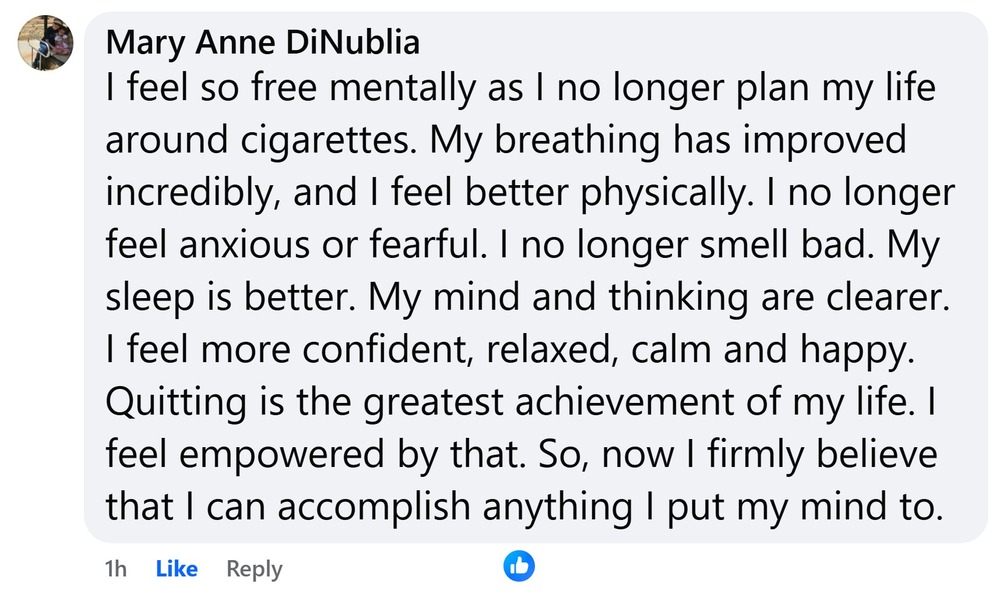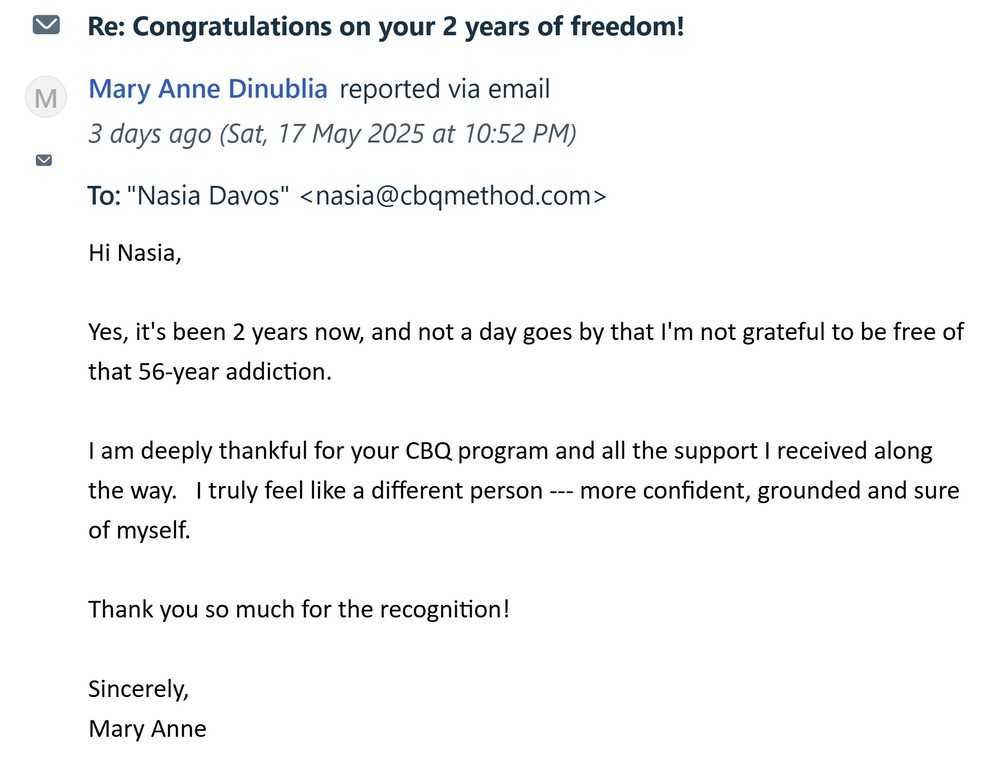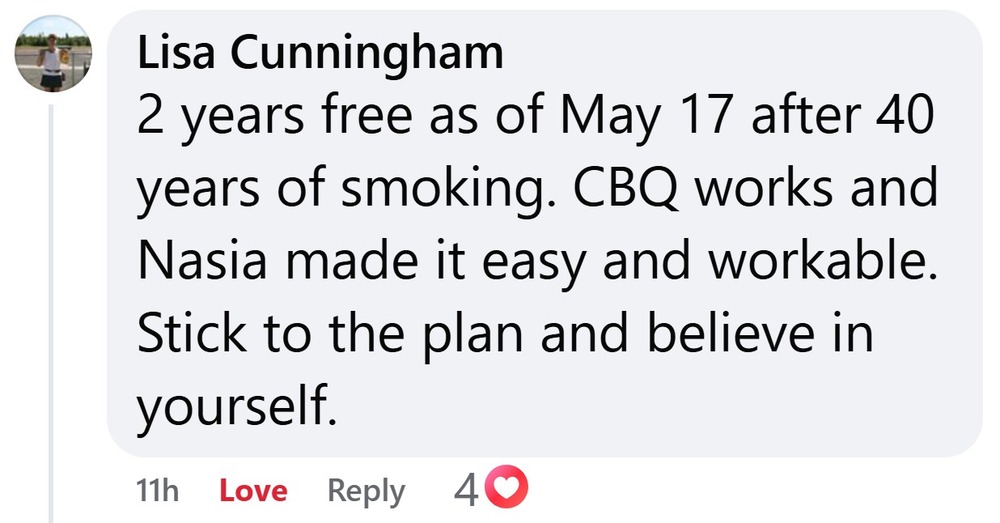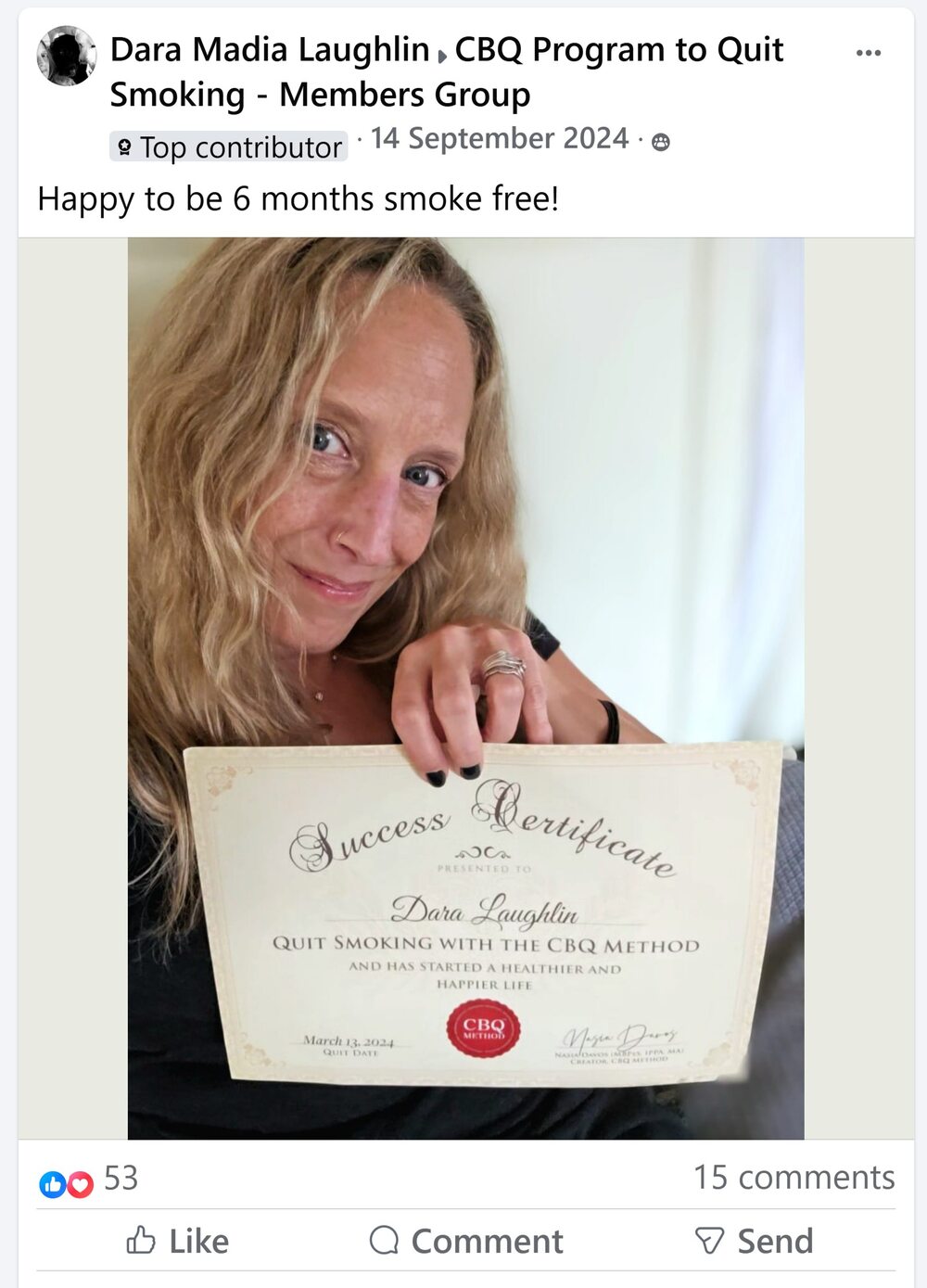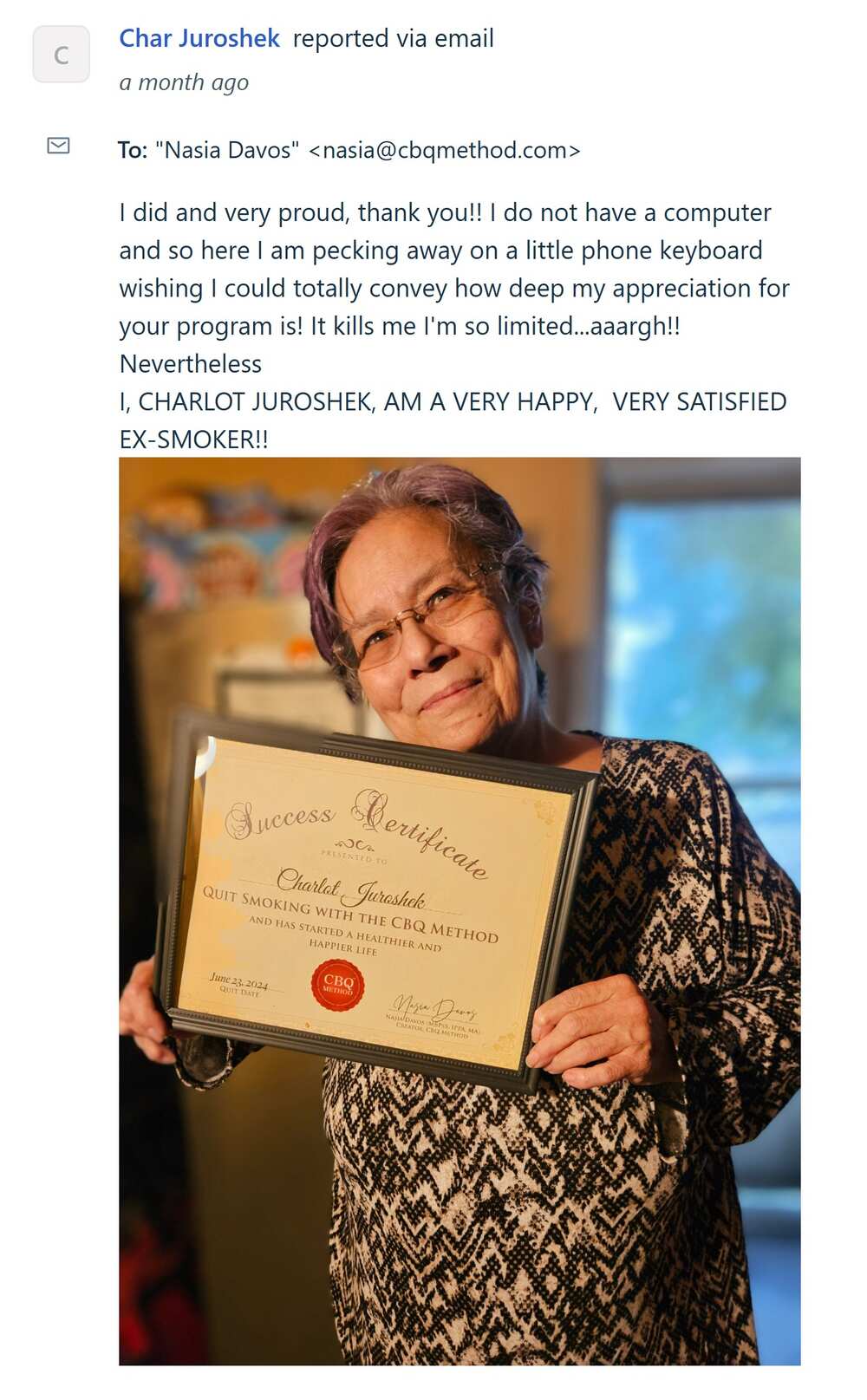Do you know all the mental health benefits of quitting smoking?
You probably already know that quitting will improve every part of your body. (If no, don’t worry! You can see what happens when you quit smoking here)
But what about your mental health?
Maybe, if you’re like me and most other smokers, you’re afraid that quitting will make you anxious, depressed, and unhappy. But that’s not the case.
And if you quit in the past but didn’t experience any mental health benefits, I will explain why this happened to you in a moment.
Now let me show you the best 3 mental health benefits of quitting smoking.
1. Increased Confidence
Quitting smoking increases your external confidence because you have whiter teeth, smell better, have brighter and tighter skin, and look younger.
Specifically, when you stop smoking, you slow down facial aging and the appearance of wrinkles, and you start reversing the effects smoking has on your appearance. Your skin gets more nutrients and oxygen, so you look younger.
You also look more vibrant and healthy, and health is beauty.
 But, most importantly, quitting will also increase your internal confidence.
But, most importantly, quitting will also increase your internal confidence.
Breaking free from smoking is going to be one of the most important achievements of your life. And this achievement creates a point of reference that you can do anything you put your mind to. It becomes proof that you can achieve hard things, and this success can have a positive domino effect on your life.
Many of our members quit smoking and then go on to lose weight, overcome other addictions and bad habits, achieve more life goals, try new experiences, and stand up for themselves more. Quitting smoking can change your life in so many ways.
And if you’re already someone who can do anything but quit smoking…just imagine how great you will feel once you’re free and tackle this goal too.
It’s going to give you unshakeable confidence. Because no one can take away the confidence that comes from knowing you did something you once thought impossible.
However, to experience the quit smoking benefit of confidence, you need to own your non-smoking identity.
What do I mean?
If you’re a deprived ex-smoker and tell everyone how hard it was to quit or how much you miss smoking… you’re not owning your non-smoking identity.
Instead, you need to wear your non-smoking identity as an armor of confidence that allows you to achieve anything you want to.
 Will this feeling of confidence last?
Will this feeling of confidence last?
Yes! Don’t get me wrong, you’re going to have difficult days as a nonsmoker – that’s part of life. But the longer you stay smoke-free, the more your confidence will increase.
Every single day you’re smoke-free is an achievement until the days add up and become part of who you are.
 2. Increased Happiness
2. Increased Happiness
Another benefit of quitting smoking is that it will make you happier. Yes, letting go of this addiction increases your happiness!
Right now, you may think that quitting smoking will make you unhappy. You’re not alone!
You may even say that you prefer to smoke and live a short life and enjoy it…rather than a long life where you’re unhappy without cigarettes.
When we’re addicted, we tend to mistake addiction for happiness. Addiction is not happiness.
So this is not a real trade-off that you’re prepared to make. What you’re actually trading off by quitting smoking is a life of addiction with a life of freedom.
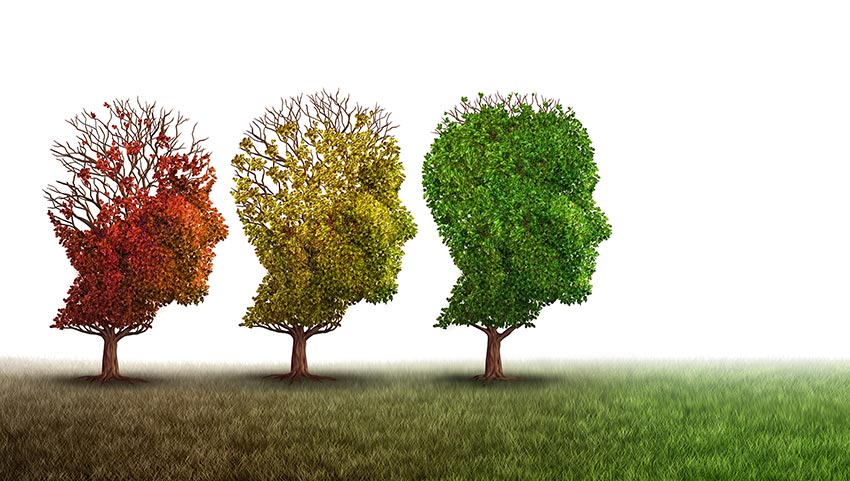 Because living with addiction is like living a lie.
Because living with addiction is like living a lie.
What addiction does is it makes you believe you can’t live without the thing you’re addicted to.
For example, if you ask heroin addicts, “Why do you use heroin?”…. their genuine answer is “I can’t cope without it,” “I can’t live without it,” “I can’t be happy without it.”
If someone told you that, what would you think? You’d think that heroin is making them feel unhappy, right?
It’s way easier to see the truth when we look at other addictions. But the same thing applies to nicotine addiction. Being addicted decreases your happiness and quality of life.
Nicotine is the problem, not the solution.
– CBQ Method Principles
A study by the Cancer Research UK shows that just one year after quitting, ex-smokers are happier than before and are also happier than current smokers.
You’re also going to see this from your own experience.
You’re probably not going to smoke your last cigarette and wake up the next day feeling euphoric. This can happen, but for most of us, there needs to be a period of adjustment where our brain heals and regulates its dopamine.
But this adjustment period, also called withdrawal, leads to a better and happier future.
 What does being happy mean to you?
What does being happy mean to you?
Perhaps it’s to be at peace, enjoy every moment of life, feel free, grow emotionally and spiritually, and be there for your loved ones.
Whatever happiness is for you, ask yourself, Is smoking offering you those things? Or is it taking them away?
What smoking adds to your life is guilt, agony, and worry. How is that happiness?
3. Decreased Anxiety & Depression
One of the most overlooked benefits of quitting smoking is the reduced anxiety and depression that come after the adjustment period.
Most smokers are afraid that quitting will increase their anxiety and depression and that they won’t be able to cope and manage their emotions without cigarettes.
But smoking does not help you manage your emotions; it helps you ignore the root cause and distract yourself for a moment.
So smoking is not a coping mechanism; it’s a distraction mechanism.
 Think about it.
Think about it.
If smoking really relieved stress and depression, then smokers would be the most relaxed and the happiest people ever, and of course, that’s not the case.
Smoking is a source of mental distress all by itself: having cravings, not feeling in control of your life and your health, feeling self-conscious all the time, missing out on precious moments to smoke, worrying about your health….
The truth is that quitting smoking decreases anxiety and depression; you’re going to feel so much better. Because when you stop smoking, you also get rid off:
- The cravings that cause you stress, tension, and agitation all day long
- Obsessing and worrying about your next cigarette
- Having health anxiety
- Running out of cigarettes and worrying if you have enough
- Smelling and worrying about the smell
- Rearranging your life to smoke
- Feeling guilty about smoking
How relaxing is that?!
A study gathered data from 26 other studies on the mental health, depression, anxiety, and mixed anxiety and depression of smokers.
 And they found that quitting smoking reduced depression and anxiety and improved positive mood and quality of life – even for smokers with psychiatric disorders and even for smokers with mood and anxiety disorders.
And they found that quitting smoking reduced depression and anxiety and improved positive mood and quality of life – even for smokers with psychiatric disorders and even for smokers with mood and anxiety disorders.
In fact, for those with mood and anxiety disorders quitting smoking was as effective as antidepressant treatment.
So not smoking anymore was as effective as taking medication.
This says a lot about what smoking does to your brain.
Even though you may feel smoking relieves your stress momentarily, being addicted actually creates and aggravates negative emotions.
Every cigarette you smoke relieves your craving and, at the same time, causes the next craving to come along. This is a neverending vicious cycle.
Why does smoking seem to relieve stress? Why do you feel relaxed after taking a few puffs? I explain everything you need to know about nicotine and anxiety here.
Why Didn’t You Experience Any Mental Health Quit Smoking Benefits Last Time You Quit?
What if you quit and felt unhappy, stressed, or depressed?
There are a few things to consider here.
1. You didn’t go through the adjustment period.
It takes about 3 months for your brain to recover and start regulating dopamine naturally.
So you need to give your brain time to heal. But there’s no reason you can’t enjoy life in the meantime!
You can increase your dopamine in other ways. Exercise, nutrition, education, staying motivated, and asking for help are great ways to navigate the first months of your smokefree life.
If you feel bad, remember that smoking caused you to feel that way – not stopping smoking. Nicotine is the problem, not the solution.
 2. You quit, but you were still mentally addicted.
2. You quit, but you were still mentally addicted.
It’s possible that you quit smoking, but you still believed that smoking added value to your life, so you felt deprived.
Of course, believing that smoking is your friend and helps you through tough times is just a belief created and sustained by the mental addiction.
The solution here is to work on your mental addiction so you can stop wanting to smoke. It’s never too late to overcome the mental addiction, even if you have already quit.
3. You didn’t use or learn new coping skills.
Like we mentioned a few lines above, smoking is not a coping mechanism; it’s a distraction mechanism. However, if it is the only coping tool you ever used or knew, it’s natural that you’re going to experience a void when it’s gone. So you need to fill that void with healthy coping strategies. And if you do, it’s going to change your life forever.
To sum up:
Quitting smoking will improve your mental health by increasing your external and internal confidence, by increasing your happiness, and dramatically decreasing your anxiety and depression.
How to Start Experiencing All the Benefits of Quitting Smoking
I want you to imagine something real quick.
Imagine it’s been almost three months, and you haven’t had a single puff.
You are over the moon. Not because you can stop yourself from buying a pack. But because you are enjoying being a non-smoker.
Sounds amazing, right?
 The quit smoking benefits you will experience… are invaluable! Not only will you get your health back, but you will also enjoy life better than before.
The quit smoking benefits you will experience… are invaluable! Not only will you get your health back, but you will also enjoy life better than before.
That’s what thousands of smokers have achieved by overcoming their mental addiction with the CBQ method.
CBQ stands for Cognitive Behavioral Quitting, and it’s a psychology-based method that has reached and helped millions of smokers over the last decade. It’s the same method I talked about in my TED talk, and it works because it follows the 4 stages of quitting smoking.
These 4 stages take you from where you are now to a happy non-smoker.
So if you want to start with the CBQ method, make sure you get the foundational video of the CBQ.
In that video, I show you the 4 stages of the CBQ method, how they work together, and tips to get started with every stage. You’ll get an overview of your whole quit smoking journey from start to finish and a PDF starter guide for the CBQ method with tips and notes you can use along your journey.


